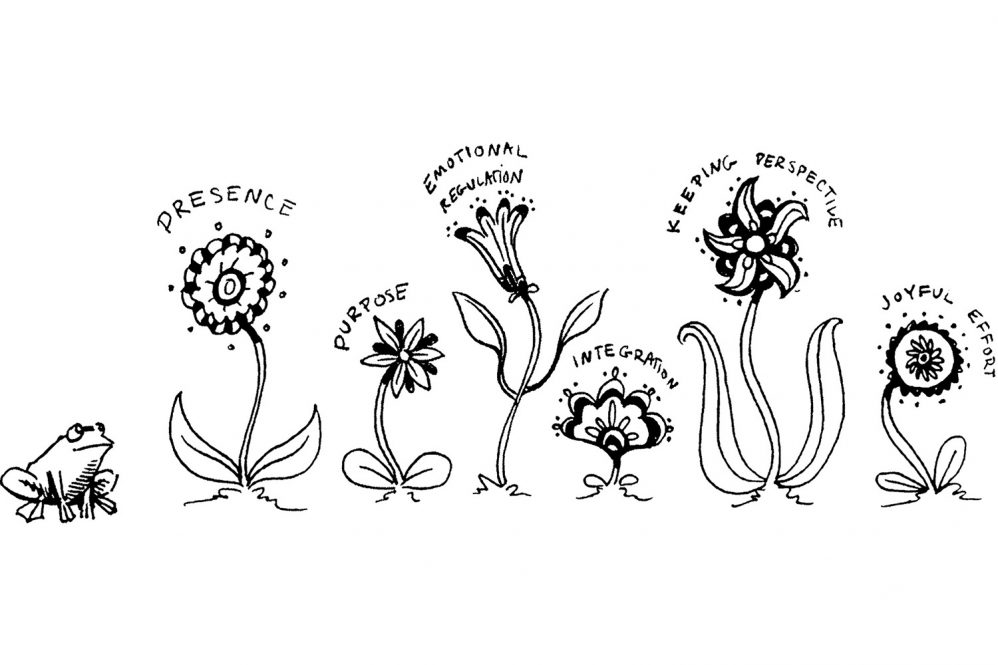Stop what you are doing. Take a deep breath. Take another deep breath. Those can be the first steps on the path to becoming a kinder person, according to psychologist Tara Cousineau ’87 (CLAS), author of “The Kindness Cure: How the Science of Compassion Can Heal Your Heart and Your World.”
When Cousineau began writing her book in 2016, she says “local hate incidents in schools seemed on the rise. Public and political discourse was cruel, and social media channels caused more harm than good. I wanted to do something about it.”
Of course these are all tensions that exist today. Americans are suffering from what Cousineau calls “kindness phobia.” She believes the impulse to be kind is built into our nervous systems, but current events are short circuiting people’s emotional wiring. Stress creates emotional tunnel vision. Immediately people zero in on the threat. That jacks up their stress more, and when people are in fight or flight, says Cousineau, they are less generous, less friendly, and less kind.
Besides having her own private practice in the Boston area, Cousineau sees students at Harvard’s Mental Health and Counseling Service and is an adjunct faculty member at the Center for Mindfulness and Compassion, which is affiliated with Harvard Medical School.
She urges fledgling Samaritans to begin by directing their compassion not to others but toward a surprising audience — themselves, a task many find difficult. “Compassion begins with kindness to ourselves. You must love yourself first. The more you practice kindness for yourself, the more resilient and compassionate you become for everyone else.”
Getting started begins by being present in your life, she instructs. “Notice your feet on the floor. Notice what your five senses tell you at any given moment. Instead of being caught in a mind-loop of all the stressors in your day, slow down,” she advises.
How will that help? The goal is to retrain the nervous system to respond rather than react. It need not require something demanding or time-consuming like an hour of daily meditation. It’s better to practice what Cousineau calls “three by fours”— spending three minutes breathing four times a day.



